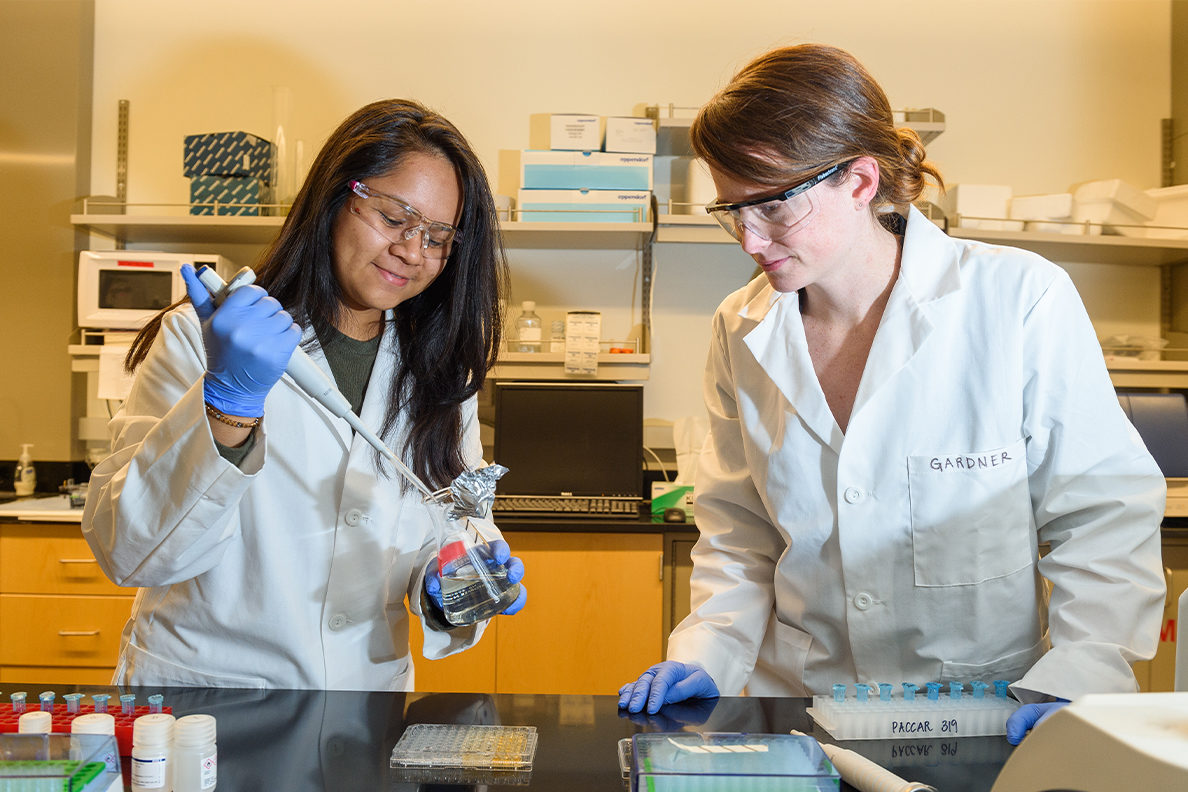Researchers find persistence of antibiotic-resistant GMO genes in sewage sludge
By Surya Zeeb
Published: November 26, 2019
Category: The Organic & Non-GMO Report Newsletter, GMO News

New findings about genes in GMOs may help explain development of a growing global health threat, antibiotic-resistant bacteria.
Biotechnology and Bioengineering published a recent study showing that antibiotic-resistant genes inserted into GM foods are able to withstand conventional wastewater treatments. Washington State University’s Courtney Gardner has received a three-year USDA grant to continue the graduate research she performed at Duke.
“We determined that extracellular DNA released from digestion appears to be ubiquitous in wastewater treatment in the U.S.— it’s much more persistent in the environment than we originally thought,” said Gardner.
Biotech companies often add antibiotic-resistant genes as a marker to differentiate genetically modified cells; 130 lines of GM crops contain this type of gene. Biosolids from wastewater treatment, used as agricultural fertilizers, move the antibiotic-resistant genes and bacteria through the environment. Researchers believe the DNA strands attach to soil particles or sediment in digesters, thus protected from processes normally killing microbes. As the antibiotic-resistant genes are taken up by bacteria in the sludge (such as staphylococcus), they gain a selection advantage when they encounter antibiotics.
The new research will 1) track and model the long-range transport of the genes; and 2) study silencing RNA molecules.
“Our concern from a genetic and bacterial standpoint is that there are probably some non-target matching sequences between the silencing RNA and environmental microbes and that it could cause the loss of a gene and possibly a functional gene,” said Gardner.
Source: Washington State University Insider
To view source article, visit:






